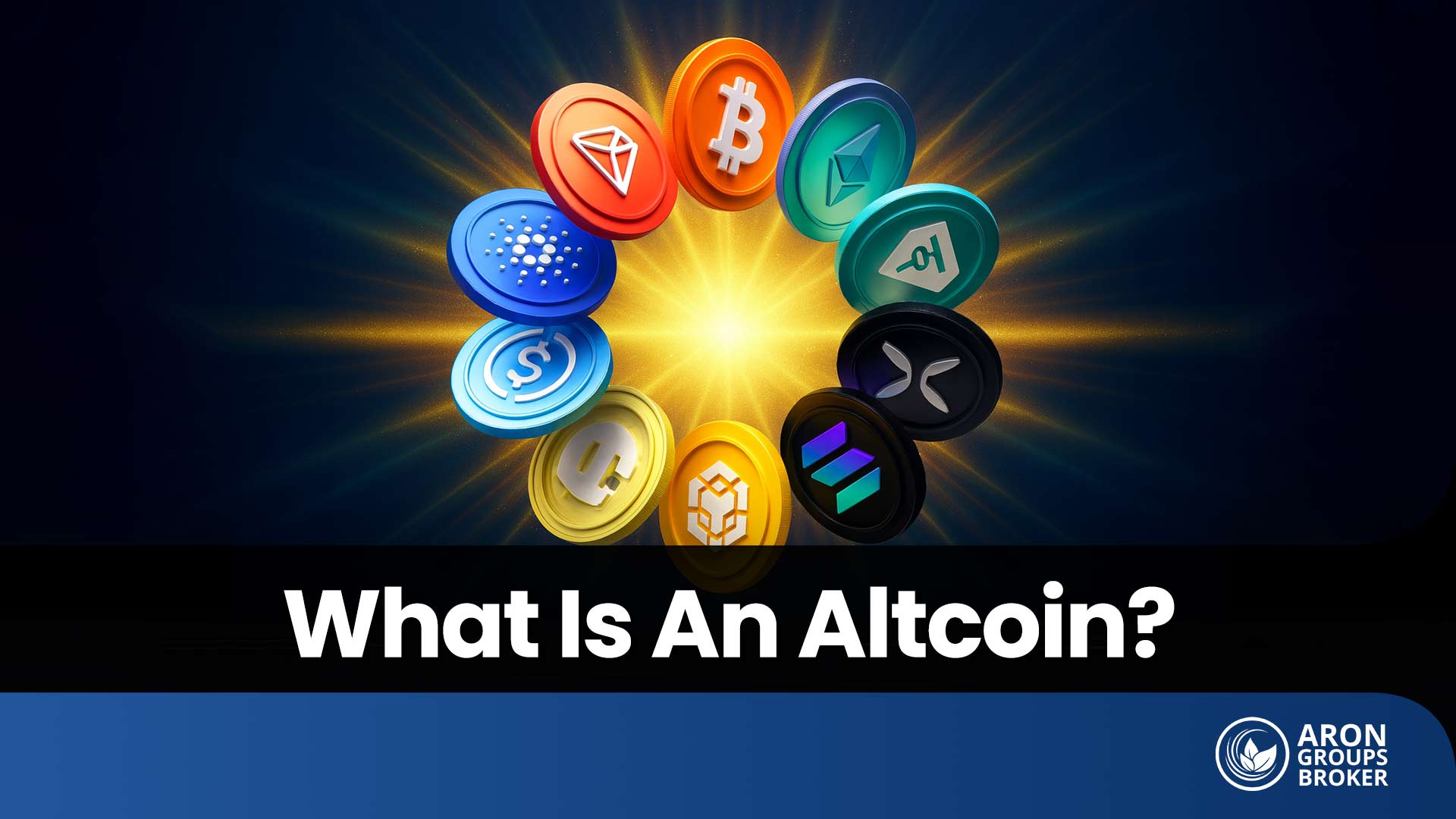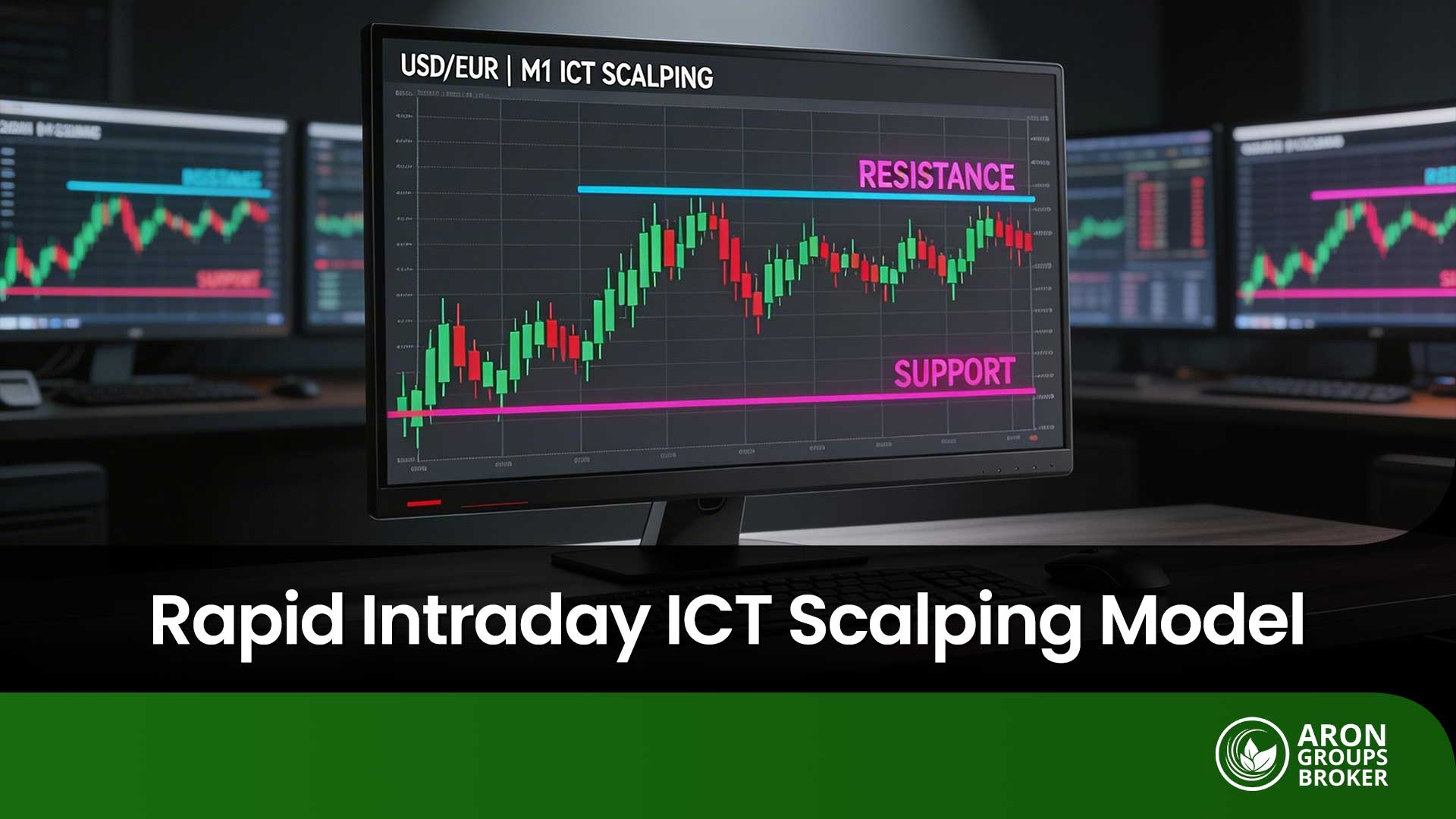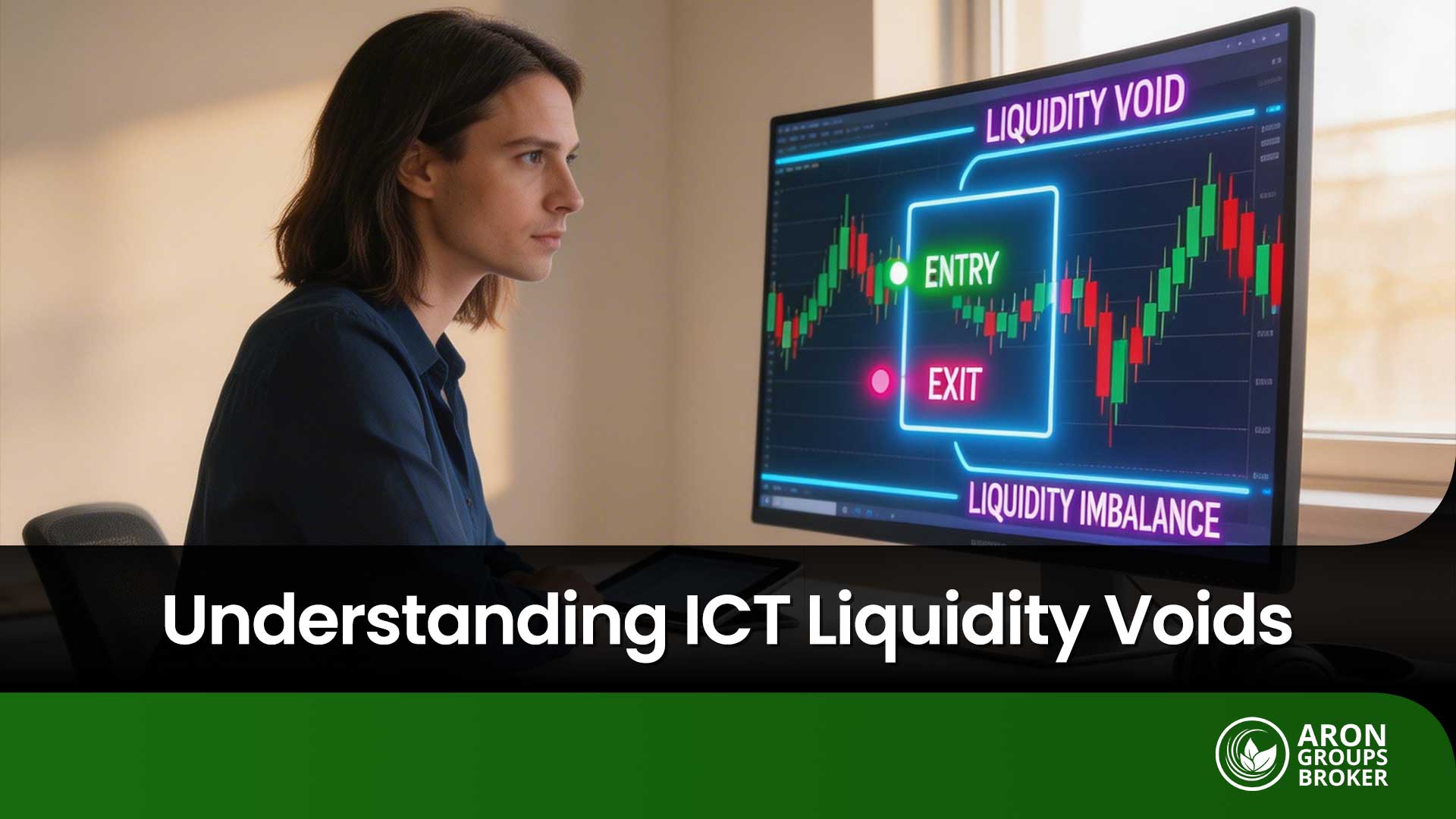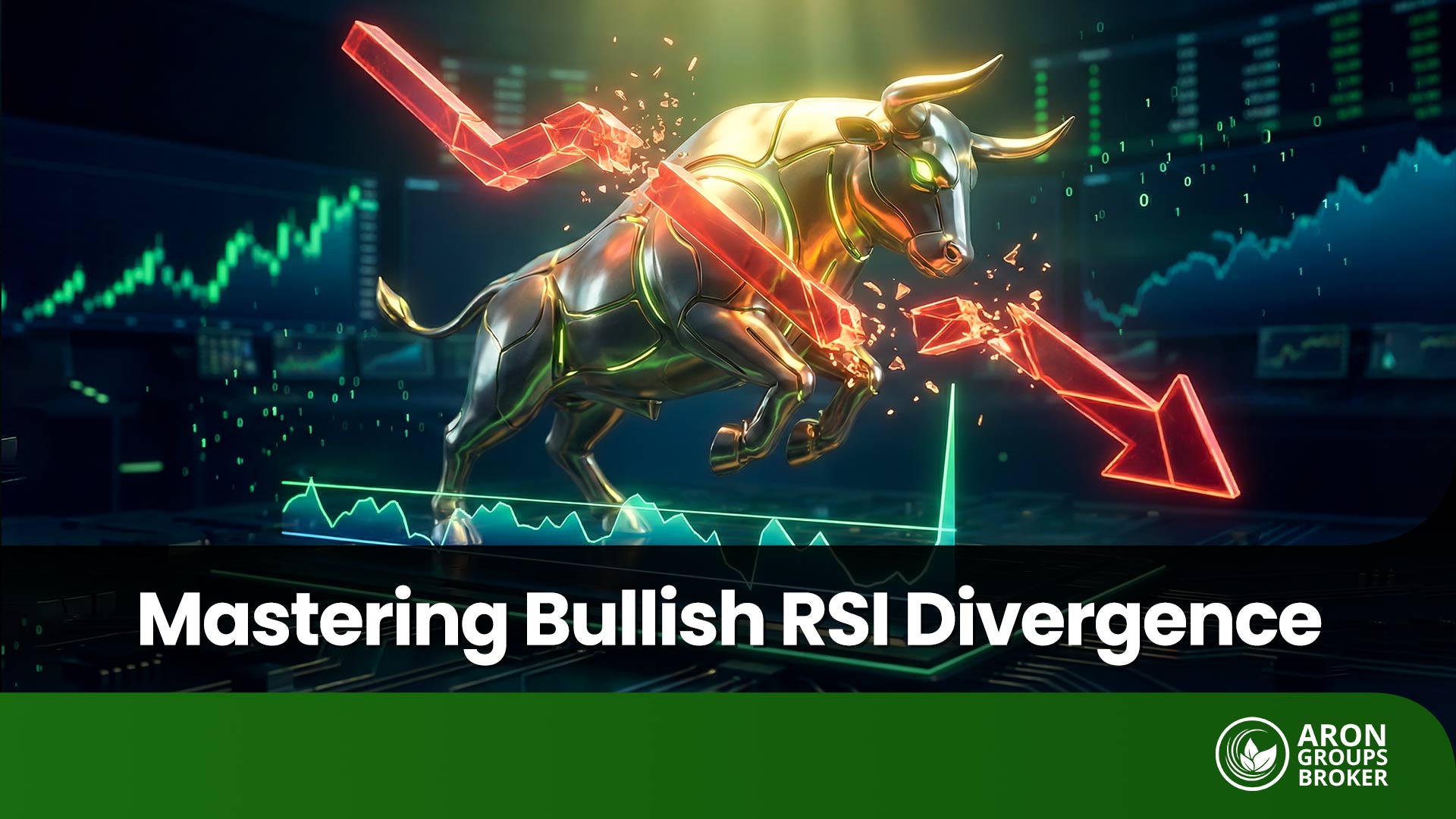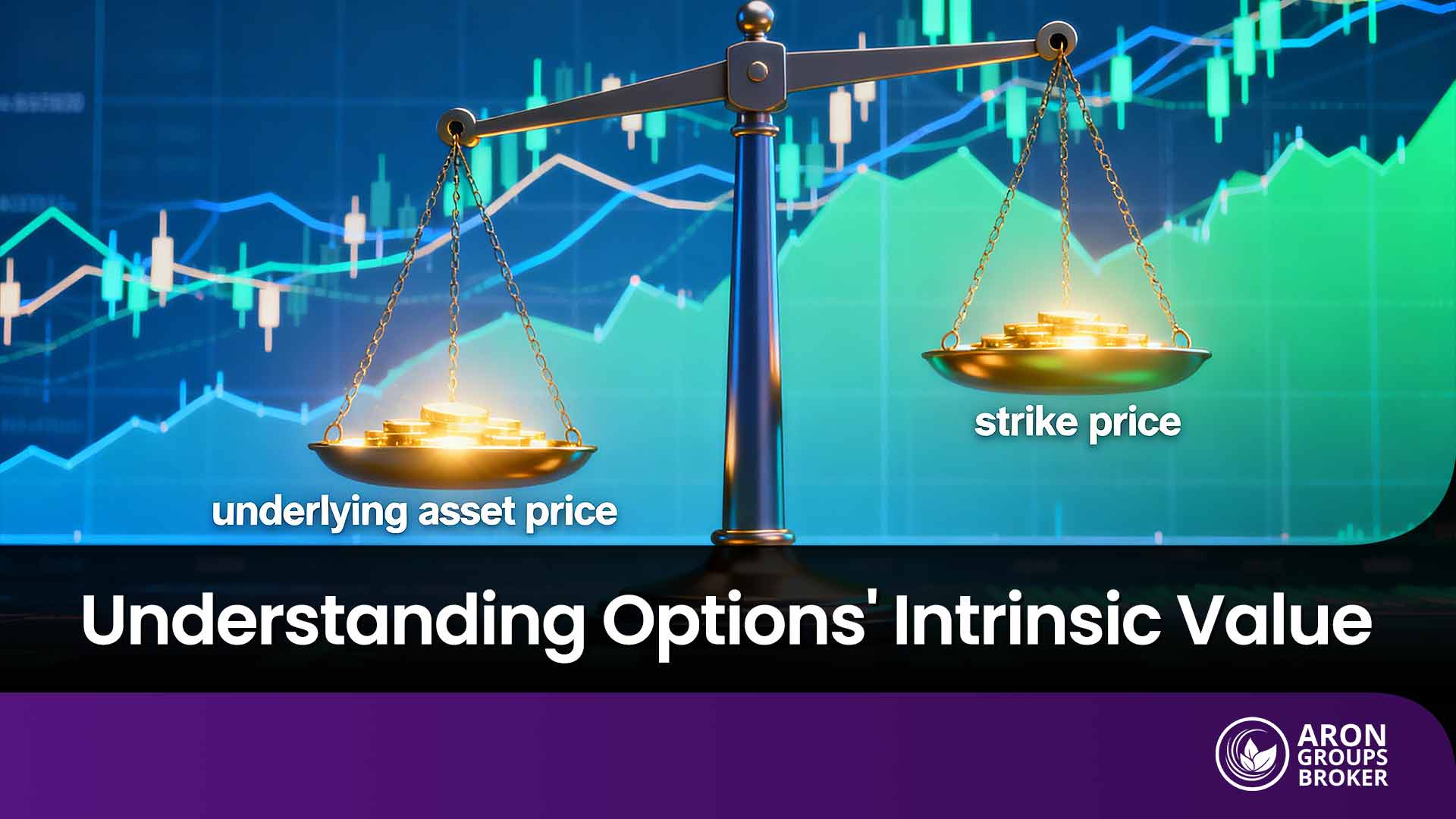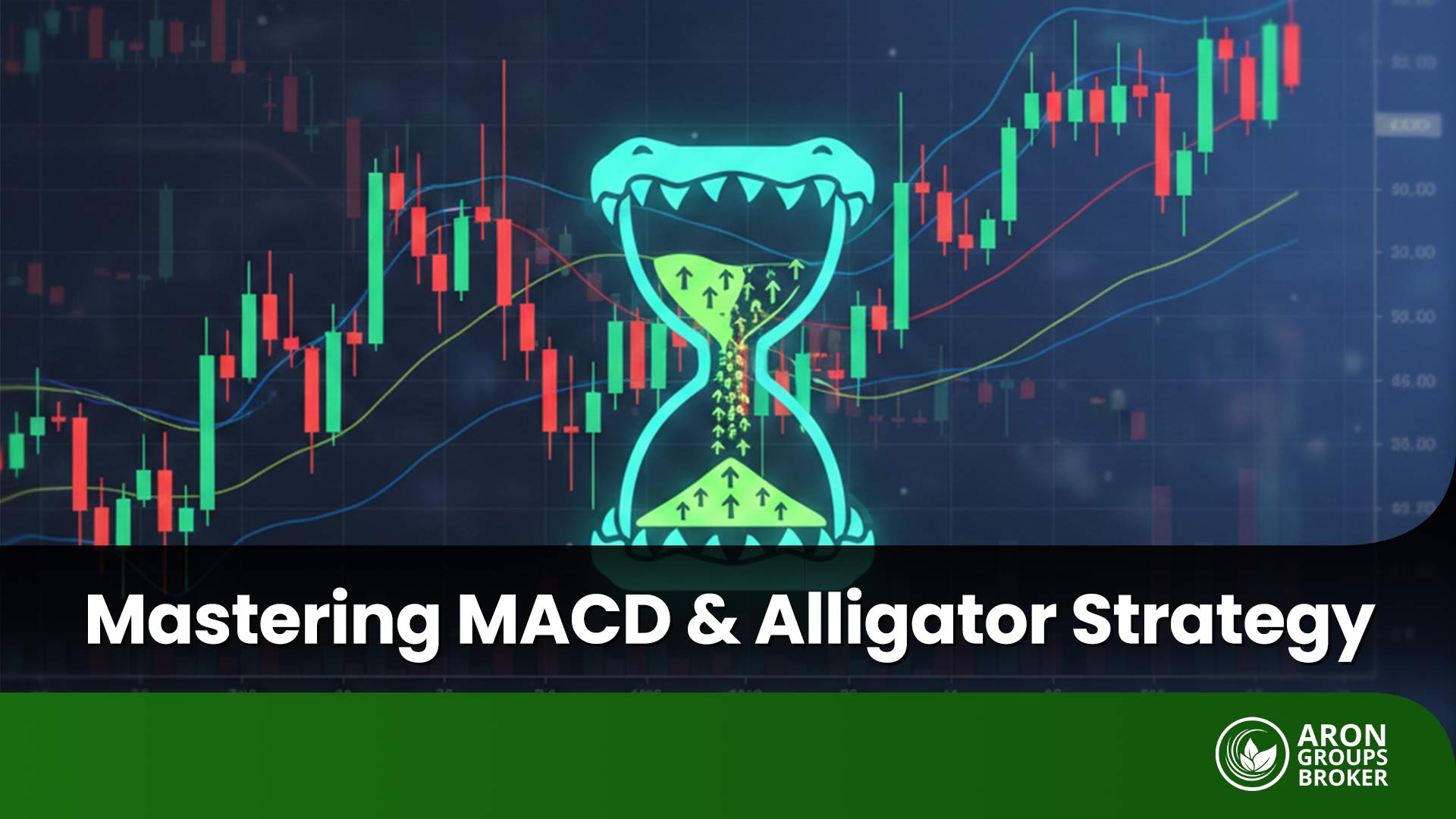Until recently, Bitcoin reigned as the undisputed king of the cryptocurrency world but the game has changed. Altcoins have entered the scene with broader ambitions, faster technologies, and purposes far beyond being “just digital money.”
From Ethereum to Shiba Inu, and from stablecoins to meme coins, each aims to redefine a different part of the financial future. But what exactly is an altcoin, and why should every crypto investor understand it?
In this article from Aron Groups Broker, you’ll explore a world filled with opportunity, innovation, risk, and yes, even scams. If you want to invest intelligently and stay ahead of market trends, this is a must-read from start to finish.
Key Points:
|
What Is an Altcoin and How Does It Differ from Bitcoin?
According to Independentreserve, the term Altcoin, a combination of “Alternative” and “Coin,” refers to any cryptocurrency other than Bitcoin. Essentially, they are alternative digital coins created to improve or expand upon Bitcoin’s limitations.
Bitcoin, introduced in 2009, was the world’s first and most recognized cryptocurrency. Over time, new projects with diverse goals and functionalities emerged, collectively known as altcoins. Examples include Litecoin (LTC), Binance Coin (BNB), Worldcoin (WLD), and thousands more, each offering unique innovations such as faster transaction times, lower fees, or advanced privacy features.

What Is the Difference Between Altcoins and Bitcoin?
Although Bitcoin was the first cryptocurrency and the foundation of the entire digital asset market, altcoins were designed with different goals and structures. The key distinctions between them can be summarized in four main categories:
1. Purpose and Use Case
Bitcoin was primarily created as a store of value and a means for simple peer-to-peer payments, while many altcoins are built for more specialized purposes. For example, Ethereum enables the execution of smart contracts, and some altcoins support decentralized finance (DeFi) services, allowing users to lend, borrow, or earn interest without intermediaries.
2. Technology and Transaction Speed
Many altcoins were developed to improve Bitcoin’s technical performance. Litecoin, for instance, offers faster transaction processing and lower fees compared to Bitcoin. These improvements can significantly enhance the user experience and make transactions more efficient.
3. Consensus Algorithm
Bitcoin relies on the Proof of Work (PoW) consensus mechanism to validate transactions, which requires substantial computational power and energy consumption. In contrast, several altcoins such as Cardano and Solana use lighter, more energy-efficient algorithms like Proof of Stake (PoS), which also allow for greater scalability and faster confirmation times.
4. Risk and Price Volatility
The altcoin market is vast and diverse, meaning project quality varies widely. Some altcoins have clear objectives, experienced development teams, and credible roadmaps, while others are purely speculative or lack substance, often referred to as “shitcoins.” Consequently, altcoin investments generally carry higher risk and volatility, requiring careful analysis and due diligence before committing capital.
Read More: How to buy cryptocurrency?
History of Altcoins
Following the introduction of Bitcoin in 2009, numerous projects sought to create new digital currencies with enhanced functionality. Below is an overview of the key milestones in the history of altcoins:
1. Namecoin (NMC): The First Official Altcoin
The first altcoin ever created was Namecoin, launched in 2011. Its goal was to develop a decentralized domain name system (DNS) to reduce internet censorship. Namecoin was based on Bitcoin’s source code and laid the groundwork for the concept of “alternative coins.”
2. Litecoin (LTC): Digital Silver to Bitcoin’s Digital Gold
Shortly after, Litecoin entered the market. Designed to enable faster transactions with lower fees, it shared Bitcoin’s structural foundation earning it the nickname “digital silver” to Bitcoin’s “digital gold.”
3. Ripple (XRP): Focused on Cross-Border Payments
Ripple, launched in 2012, was one of the earliest altcoins to focus on international money transfers. Unlike most cryptocurrencies, Ripple was built to collaborate with banks and financial institutions, using a centralized and fast transaction protocol instead of mining to facilitate global payments.
4. Ethereum (ETH): A Revolution in Blockchain Technology
The launch of Ethereum in 2015 marked a turning point in crypto history. Ethereum was more than just a cryptocurrency; it introduced a programmable blockchain that allowed smart contracts and decentralized applications (dApps) to run on its network. This innovation gave rise to major blockchain ecosystems such as DeFi (Decentralized Finance) and NFTs (Non-Fungible Tokens), paving the way for a new generation of altcoins.
5. The Altcoin Boom of 2017
The year 2017 witnessed an explosion of altcoins alongside the Initial Coin Offering (ICO) boom. Thousands of new tokens emerged, including Chainlink (LINK), Cardano (ADA), TRON (TRX), and EOS, attracting massive investor attention. While many of these projects were legitimate and innovative, others turned out to be fraudulent or poorly executed ventures.
In the same period, new technologies such as zero-knowledge proofs and sidechain integrations began improving transaction privacy and scalability by verifying data off the main blockchain while maintaining security.

6. Meme Coins and the Rise of Social Media Trends (2020-Present)
In recent years, a new category of altcoins has emerged with entertainment and community-driven purposes. Dogecoin (DOGE) and Shiba Inu (SHIB), originally created as internet jokes, gained massive popularity thanks to celebrity endorsements, most notably from Elon Musk. These coins, known as Meme Coins, have become cultural phenomena, blurring the line between humor, speculation, and investment.
Types of Altcoins and Their Use Cases
Altcoins are not a single category; each type serves a distinct purpose in the cryptocurrency ecosystem. Below are the most well-known types of altcoins and what they are designed to do:
- Stablecoins;
- Utility Tokens;
- Governance Tokens;
- Security Tokens;
- Meme Coins
- Gaming Tokens (Play-to-Earn);
- Payment Coins;
- Privacy Coins.
1. Stablecoins: Stability in a Volatile Market
Stablecoins are a class of altcoins created to maintain price stability within the highly volatile crypto market. Some are asset-backed, pegged to stable assets such as the U.S. dollar or gold, for example, Tether (USDT) and USD Coin (USDC), while others rely on algorithmic mechanisms without a physical reserve to preserve their value, such as DAI or FRAX.
Stablecoins are widely used for everyday transactions, money transfers, and hedging against volatility, playing a crucial role in the DeFi (Decentralized Finance) ecosystem.

2. Utility Tokens: Access Within a Platform
According to CoinMarketCap, utility tokens are designed for use within a specific blockchain platform. For instance, Ethereum (ETH) is used to pay transaction fees or execute smart contracts on the Ethereum network, while Filecoin (FIL) allows users to purchase decentralized cloud storage space.
3. Governance Tokens: Voting Power for Users
Governance tokens grant holders voting rights on protocol decisions. In DeFi projects, these tokens allow the community to participate in major updates such as resource allocation, fee structure changes, or protocol upgrades.
Notable examples include Uniswap (UNI), Compound (COMP), and MakerDAO (MKR), which directly involve users in the development and direction of the project.
Note: Some altcoins employ Multi-Party Computation (MPC) technology, allowing users to split and store their private keys across multiple locations, significantly reducing the risk of key theft.

4. Security Tokens: Digital Representation of Real Assets
Security tokens represent real-world assets such as stocks, bonds, or real estate, and are subject to securities regulations. They enable the tokenization of traditional assets, bridging the gap between conventional financial markets and blockchain technology.
Because of their regulatory nature, security tokens often offer greater legal protection than other altcoins and are typically issued through Security Token Offerings (STOs).
5. Meme Coins: From Internet Jokes to Market Phenomena
َAccording to OKX, Born from online memes and humor, Meme Coins like Dogecoin (DOGE) and Shiba Inu (SHIB) gained enormous popularity through community enthusiasm and celebrity endorsements. However, most meme coins are highly speculative and often categorized as “shitcoins”, meaning investors should approach them with caution.

6. Gaming Tokens: Play-to-Earn Economies
These tokens operate within blockchain gaming ecosystems, allowing players to earn income by participating in games or trading in-game assets. Prominent examples include Axie Infinity’s AXS and The Sandbox’s SAND.
Gaming tokens fuel digital economies built around user participation and ownership, making them one of the fastest-growing sectors in crypto.
7. Payment Coins: Fast and Low-Cost Transfers
Payment coins are designed primarily for transactions and remittances, emphasizing speed and low fees. Examples include Litecoin (LTC) and Bitcoin Cash (BCH), which aim to serve as efficient mediums of exchange for global payments.
8. Privacy Coins: Trade Anonymously
Privacy coins are built to conceal user identities and transaction details using advanced cryptographic methods such as Ring Signatures and Stealth Addresses.
Monero (XMR) and Zcash (ZEC) are leading examples, providing strong anonymity while facing ongoing regulatory scrutiny due to their privacy features.

What Is Altcoin Season?
Altcoin Season (Alt Season) refers to a period in the cryptocurrency market when most altcoins outperform Bitcoin. In other words, during a specific period, altcoin gains exceed Bitcoin’s gains.
In this phase, investors often rotate capital out of Bitcoin and into altcoins, driving a broad, rapid rise in the prices of many alternative cryptocurrencies.
When Does Altcoin Season Occur?
One of the key indicators signaling the start of an altcoin season is a decline in Bitcoin dominance, that is, Bitcoin’s share of the total cryptocurrency market capitalization. When Bitcoin’s dominance drops (for example, below 57% or 60%), it suggests capital is flowing into altcoins, increasing the likelihood of an alt season.

Note: Altcoin seasons often unfold in multiple growth phases, usually lagging behind Bitcoin’s trend. Each phase tends to coincide with rising trading volumes and the influx of new liquidity into the market.
Advantages and Disadvantages of Investing in Altcoins
Investing in altcoins can be profitable, but like any other investment, it carries risks. With proper knowledge and analysis, investors can capture valuable opportunities; without it, they risk significant losses or even scams. Let’s examine both sides of altcoin investing:
Advantages of Altcoin Investments
Advantages of altcoin investment include:
- High Growth Potential:
Some altcoins, particularly those backed by real-world use cases and strong development teams, can experience exponential price growth in a short period. This makes them attractive for investors seeking high returns. - Portfolio Diversification:
Altcoins enable investors to diversify their portfolios beyond Bitcoin. For example, one might hold a portion in Bitcoin and allocate the rest to emerging projects such as DeFi tokens, GameFi assets, or stablecoins. - Technological Innovation:
Many altcoins were created to overcome Bitcoin’s limitations. Ethereum introduced smart contracts, while Litecoin offered faster transactions and lower fees, paving the way for practical blockchain applications. - Early-Stage Investment Opportunities:
New or lesser-known altcoins can provide early entry opportunities, similar to early investors in Ethereum or Binance Coin (BNB) who saw massive long-term gains.

Disadvantages and Risks of Altcoin Investments
Disadvantages of altcoin investment include:
- High Price Volatility:
Altcoin prices can rise or fall dramatically within hours. While such volatility can lead to substantial gains, it can also result in heavy losses. - Fraud and Weak Projects:
Not all altcoins are built on solid fundamentals. Some are purely hype-driven projects with no real purpose commonly called “shitcoins” and may collapse quickly. Investing without due diligence can easily lead to loss of capital. - Low Liquidity:
Certain altcoins have low trading volume, making it difficult to sell quickly without accepting a lower price. - Lack of Regulatory Oversight:
Altcoins generally operate outside traditional financial regulation. As a result, if an exchange shuts down or a project fails, legal recourse is extremely limited.

How to Choose the Right Altcoin
With thousands of altcoins in the market, choosing the right one to invest in can be confusing. Some projects have genuine potential and deliver solid returns, while others are purely promotional or even fake altcoins. To profit instead of losing in this market, you need to proceed with careful research and analysis.
Below are the key factors to evaluate when identifying a promising altcoin:
1. Read the Whitepaper
A whitepaper is a document that explains what a project does, the problem it aims to solve, and how it functions. If a project has no whitepaper or presents vague, superficial information, that’s usually a red flag.
2. Evaluate the Development Team
Behind every successful project is a competent and transparent team. Check the background of the founders and developers. Have they worked on any successful projects before? This information is typically available on the project’s official website or social media channels.
3. Analyze Tokenomics
Tokenomics refers to the study of how a token is issued, distributed, and used within a project. Review the total supply, circulating supply, and the token’s purpose.
If a large portion of tokens is held by the project team, it could signal a risk of price manipulation in the future.
4. Check Liquidity and Trading Volume
Low trading volume indicates poor liquidity, meaning you might struggle to sell your tokens quickly without impacting the price. A liquid market allows you to buy or sell whenever you want without significant slippage.

5. Real Utility and Roadmap
A strong altcoin should have a clear real-world or digital use case, for example, powering DeFi platforms, smart contracts, instant payments, or decentralized storage. Also, check the project roadmap: what milestones have been achieved so far, and what future goals are planned?
6. Community and Project Credibility
A vibrant community on platforms like Twitter, Telegram, or Reddit is a positive sign. When users actively discuss, question, or even criticize the project, it shows transparency and engagement, two key indicators of a legitimate ecosystem.
Note: Avoid projects that lack transparency, issue aimless tokens, or make unrealistic promises. These are often “shitcoins.”
For a better understanding of how altcoins differ from early cryptocurrencies, see our article on “Classic Cryptos.”
The Future of Altcoins
Altcoins, once seen as simpler versions of Bitcoin, have now become a major part of the digital asset landscape. Their future depends on several key factors:
Technical Foundation and Real-World Problem Solving
Projects with strong technical fundamentals and practical use cases, especially in DeFi, metaverse, or AI-integrated blockchain systems, have the highest chance of success.
Public Adoption and Regulatory Compliance
As cryptocurrencies gain wider acceptance globally, altcoins will increasingly integrate into everyday life, provided they adapt to emerging regulations and compliance frameworks.
Technical Advantages Over Bitcoin
Many altcoins outperform Bitcoin in terms of transaction speed, scalability, and fees, making them more appealing to future investors.
Market Maturity and Elimination of Weak Projects
As the market matures, poorly designed or fraudulent tokens, so-called shitcoins, will naturally fade, leaving only projects with strong development teams and transparent roadmaps. For long-term success, investors must rely on research, analysis, and caution.

Conclusion
Altcoins are not just alternatives to Bitcoin; they represent independent ecosystems that drive innovation across the cryptocurrency landscape. Each altcoin contributes uniquely to scalability, decentralization, and technological diversity.
The dominance of a single coin will not define the future of digital assets, but rather collaboration among diverse altcoin ecosystems. In this dynamic environment, informed investors and users who understand a project’s utility and economic model will play an active role in shaping the multi-layered, evolving future of crypto.












